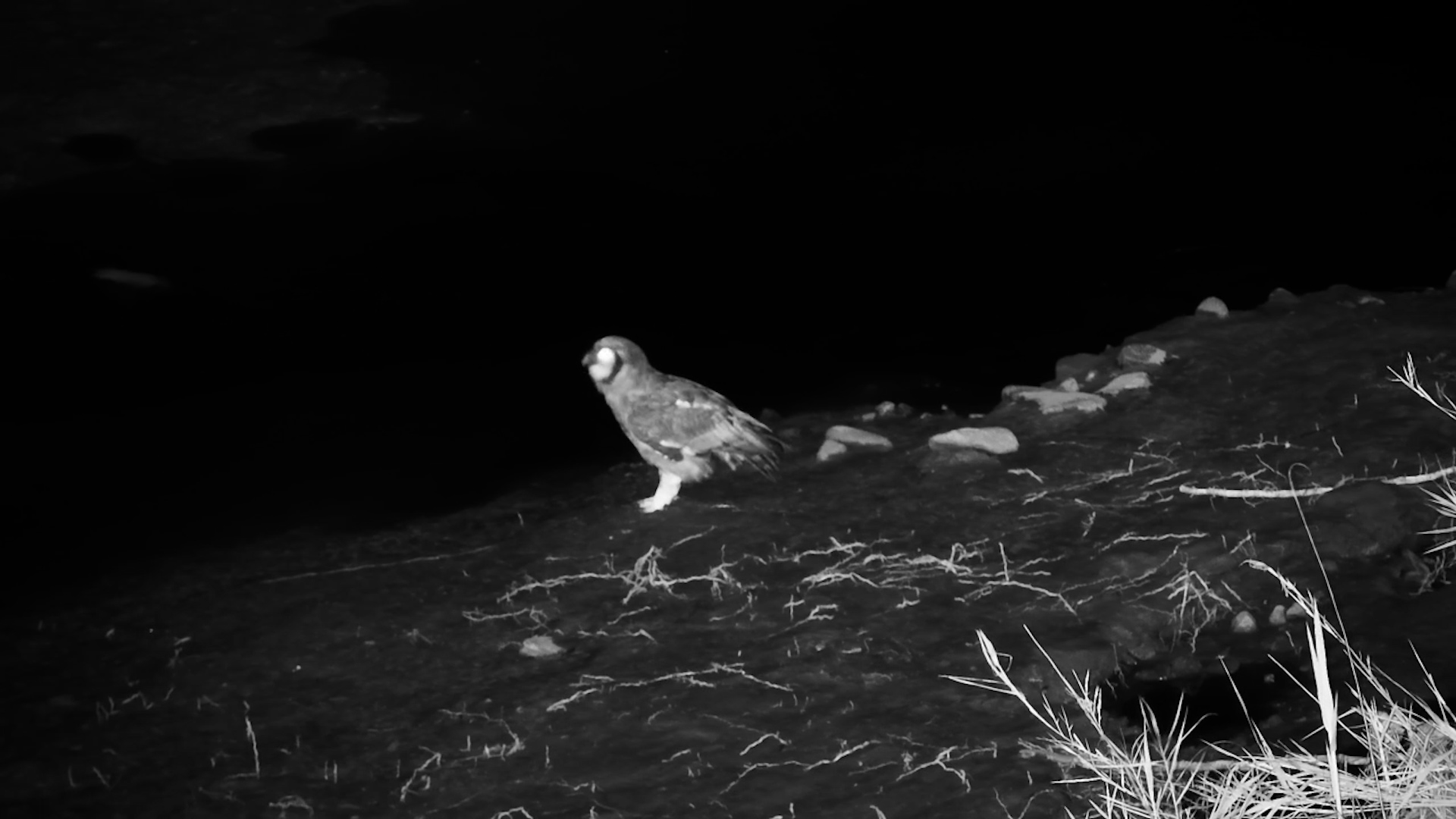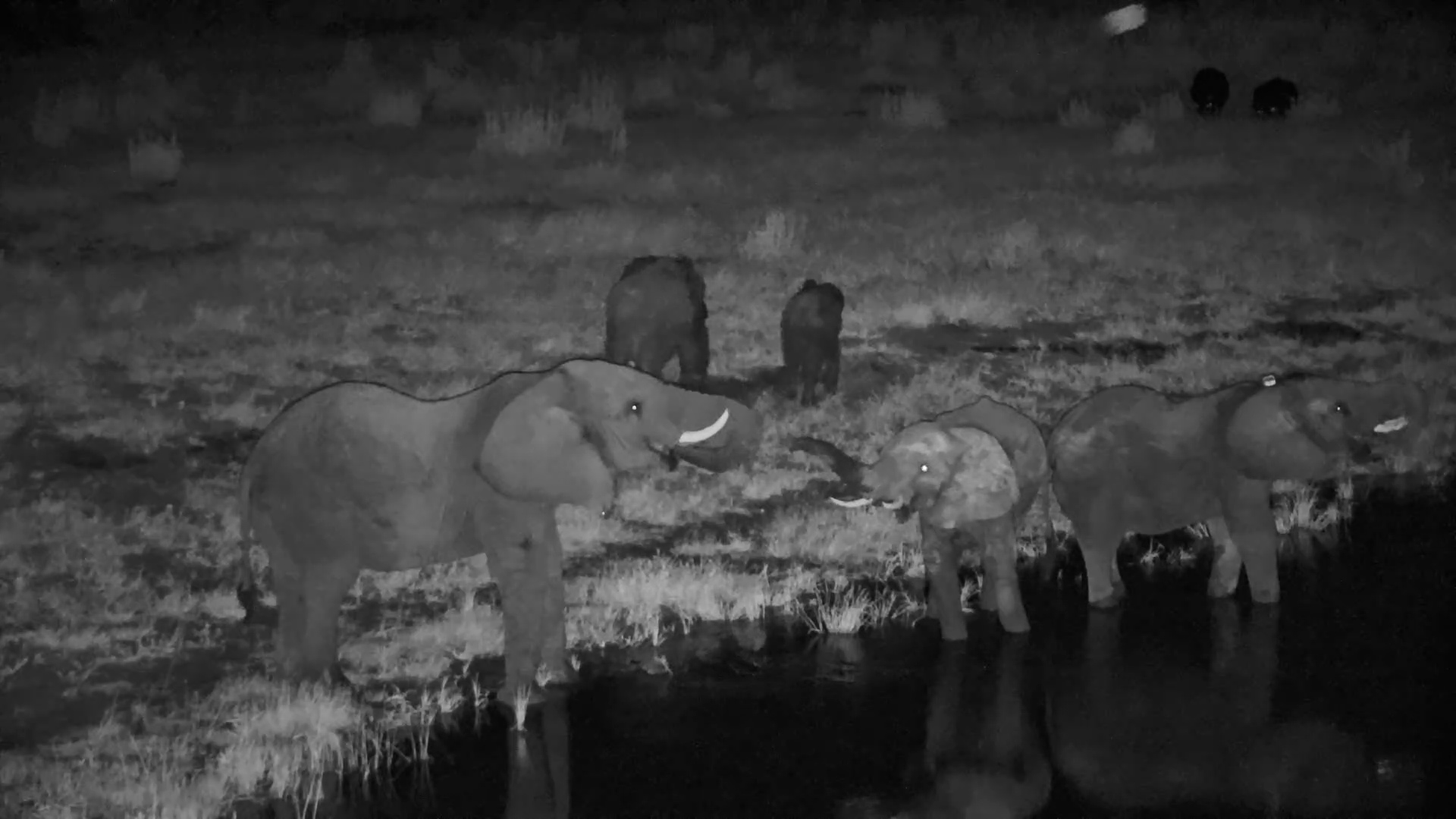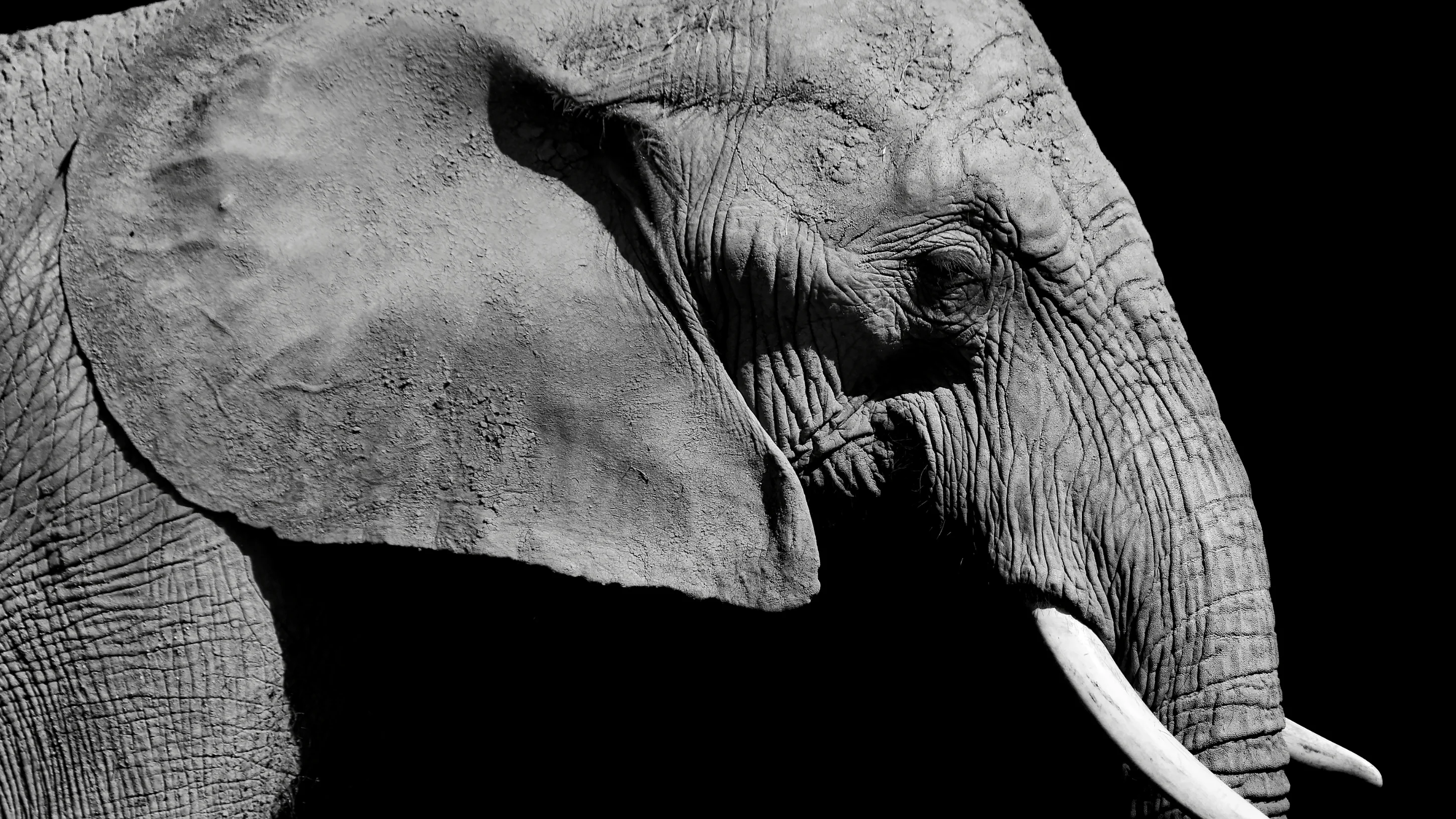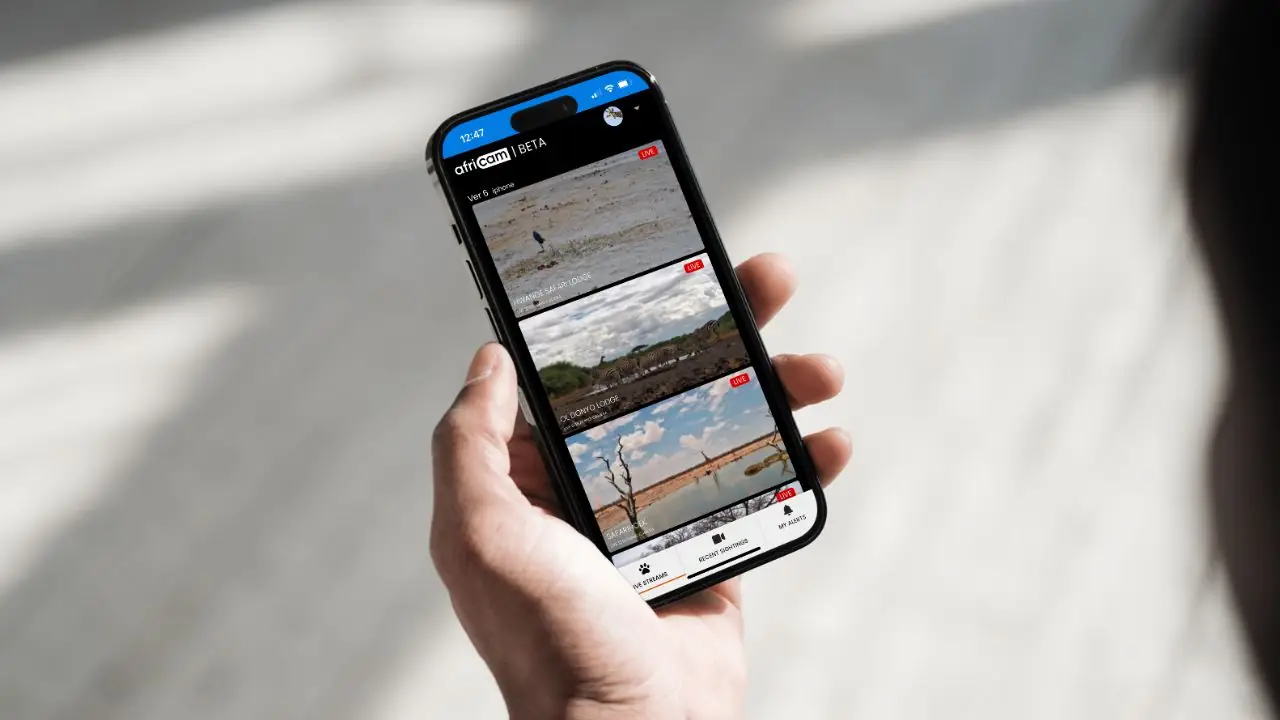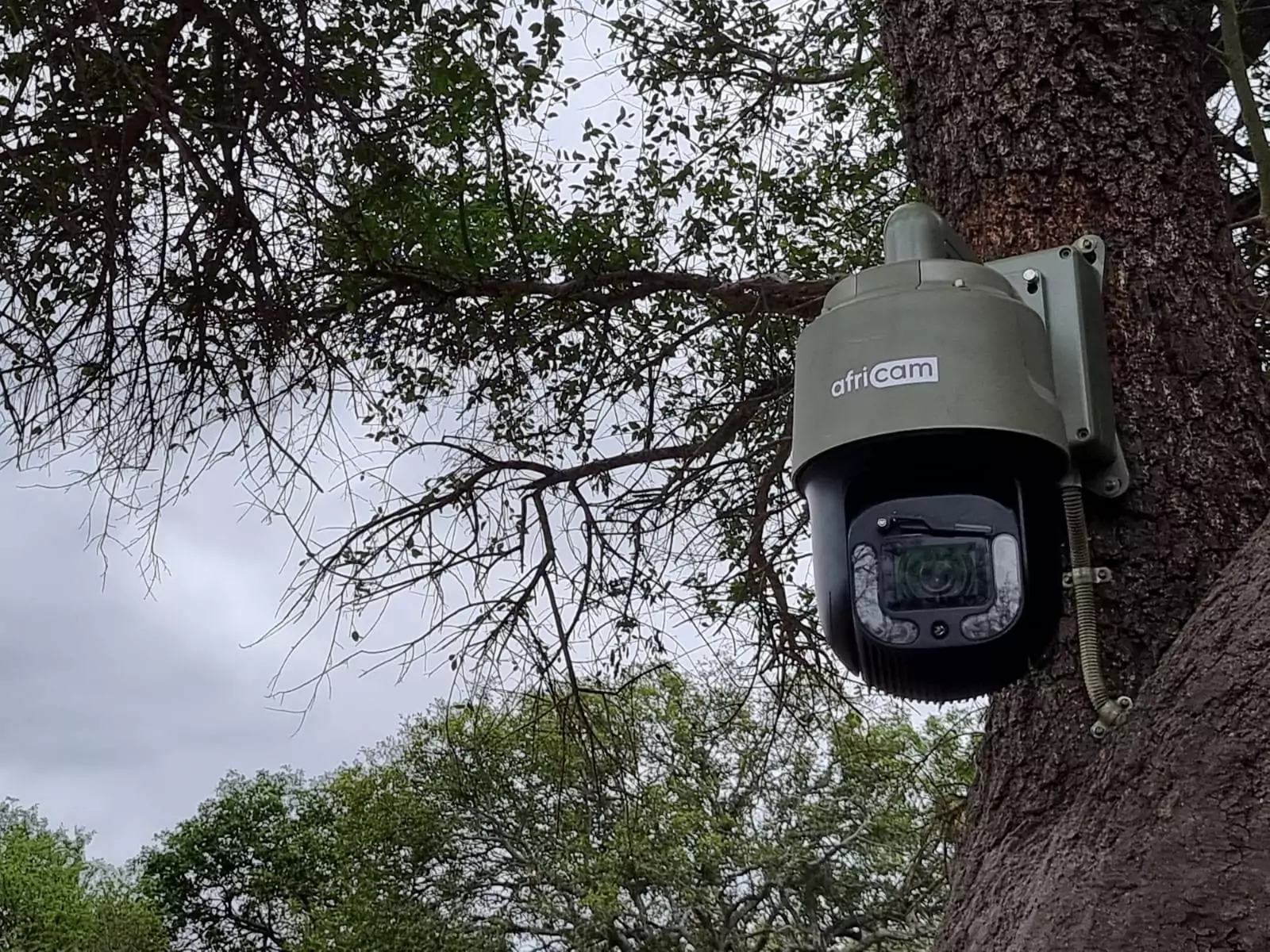Email: info@africam.com
When We Step In, and When We Let Nature Be
October 28th, 2025
Posted in: The Wild Side
At Africam, we livestream 24/7 from wild places across Africa – moments that are real, unscripted, and at times, difficult to watch. Our cameras offer a raw, authentic window into the natural world, and with that comes a question we’re often asked: When do we intervene when an animal is in distress?
Understanding Our Role
Africam works in partnership with reserves, lodges, and NGOs that host our cameras. Each of these partners operates under its own management structures, conservation policies, and anti-poaching teams.
It’s important to note that Africam itself does not make intervention decisions. We are observers – our role is to share these wildlife moments with the world. However, if an incident is observed on camera, our team can alert the relevant reserve management in accordance with their policies and procedures. The decision to act, or not, always rests with the professionals on the ground.
When Intervention Happens
If an animal’s distress or injury is caused by human activity, intervention may be necessary. These cases include incidents such as:
- An animal caught in a poacher’s snare or poaching injuries
- Wildlife injured by vehicles, fences, or power lines
In such situations, reserve or lodge management may step in or call on wildlife veterinarians to assist. These actions aim to correct imbalances caused by humans – not to alter natural events.
Waterholes and Natural Risks
Many of the waterholes seen on Africam are man-made or supplemented by reserves to support wildlife, especially in dry regions where natural sources have disappeared. These are carefully managed to mimic natural patterns and to avoid overuse or habitat damage.
Occasionally, animals may get stuck in mud around these waterholes. If this happens as a result of natural conditions, generally no intervention takes place – it’s part of nature’s cycle. However, if a human-made structure or water system creates an unnatural hazard, the reserve’s management team may step in to assist.
When Nature Takes Its Course
When distress arises from natural causes, generally no intervention takes place.
These include:
- Predators hunting or feeding on prey
- Fights between animals
- Illness, starvation, or old age
As difficult as these scenes can be to witness, they are essential to the balance of the ecosystem. Every hunt, loss, and birth plays a role in sustaining the natural cycle of life.
What You Can Do
If you notice something concerning on a livestream, please contact info@africam.com. Our Zoomies also have direct lines of communication and will ensure any alerts reach the right people.
We kindly ask that you do not contact the lodges directly, as multiple reports of the same incident can overwhelm their teams. Your message to Africam helps ensure the right response – responsibly, and in accordance with conservation policy.
Keep watching the wild, as it truly is, on Africam.

